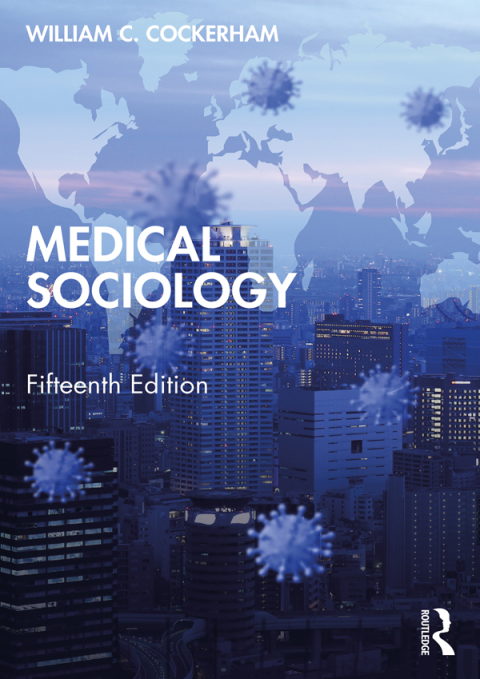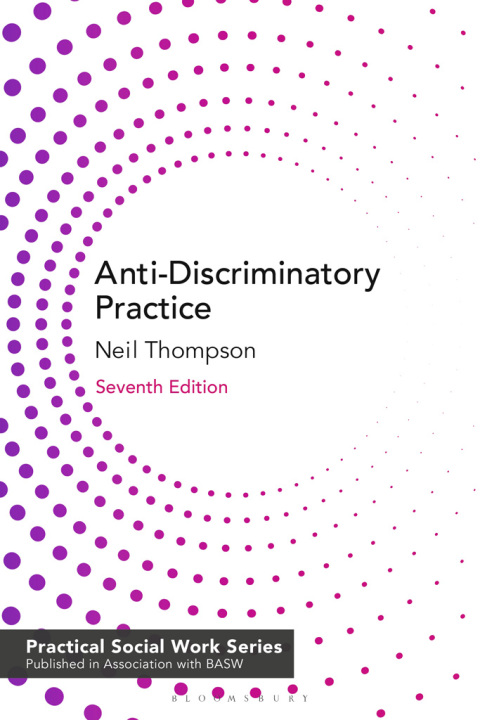Description
Efnisyfirlit
- Cover
- Half Title
- Title Page
- Copyright Page
- Dedication Page
- Contents
- Part I Introduction
- 1 Medical Sociology
- The Social Determinants of Health
- The Development of Medical Sociology
- Parsons
- Defining Health
- Contrasting Ideas About Health and Social Behavior
- Modern Medicine and the Regulation of the Body
- The Public’s Health
- The Germ Theory of Disease and the Search for “Magic Bullets”
- Return to the “Whole” Person
- The Reemergence of Infectious Diseases
- Summary
- Critical Thinking Questions
- Suggested Readings
- References
- 2 Social Epidemiology
- Epidemiological Measures
- The Development of Epidemiology
- Disease and Modernization
- The Complexity of Modern Ills
- Heart Disease
- Obesity
- Pandemics
- HIV/AIDS
- Influenza
- SARS
- MERS
- Ebola
- Zika
- Summary
- Critical Thinking Questions
- Suggested Readings
- References
- 3 COVID-19
- COVID-19: Origin, Transmission, and Spread
- Airborne Transmission and Asymptomatic Individuals
- COVID-19’s Initial Impact on Society
- China
- The Middle East and Europe
- India, Africa, and Latin America
- The United States
- Canada
- COVID-19: Social Patterns
- Comorbid Conditions
- Age
- Race
- Gender
- Social Class
- Resolution
- Social Effects
- Summary
- Critical Thinking Questions
- Suggested Readings
- References
- 4 The Social Demography of Health: Social Class
- The Components of Social Class
- Social Class and Health Disparities
- Equality of Care and the Social Gradient in Mortality: The British Experience
- Neighborhood Disadvantage
- Socioeconomic Status as a Fundamental Cause of Sickness and Mortality
- Summary
- Critical Thinking Questions
- Suggested Readings
- References
- 5 The Social Demography of Health: Gender
- Male–Female Life Expectancy
- Gender Differences in Morbidity
- The Narrowing Gender Gap in Longevity
- Rural Residence
- Smoking
- Gender and Mental Health
- Gender and LGBTQ Health
- Summary
- Critical Thinking Questions
- Suggested Readings
- References
- 6 The Social Demography of Health: Age and Race
- Age
- Social Trends in Aging and Health
- Life Course Theory
- Race
- Race as a Social Construction
- Racism and Health
- The Current Demographic Transition
- Black Americans
- Hispanic Americans
- Native Americans
- Asian Americans
- Race and Mental Health
- Summary
- Critical Thinking Questions
- Suggested Readings
- References
- Part II Health and Illness
- 7 Social Stress and Health
- Cooley, Thomas, and Goffman: Symbolic Interaction
- Durkheim: The Larger Society
- Stress and the Body
- Physiological Responses to Stress
- Biomarkers
- Social Factors and Stress
- The Stress Process
- Stress Adaptation
- Stress and the Social Group
- Social Capital
- Stress and Socioeconomic Status
- Life Changes
- Extreme Situations
- Life Events
- Gene–Environment Interaction
- Summary
- Critical Thinking Questions
- Suggested Readings
- References
- 8 Health Behavior and Lifestyles
- Health Lifestyles: Background
- Weber: Lifestyles
- Bourdieu: Lifestyles
- A Theory of Health Lifestyles
- Health Lifestyles: A Final Note on the Influence of Social Class
- Preventive Care
- Summary
- Critical Thinking Questions
- Suggested Readings
- References
- 9 Illness Behavior and the Sick Role
- Illness as Deviance
- Self-Care
- Social Networks
- Sociodemographic Variables
- Age and Gender
- Race
- Socioeconomic Status
- The Sick Role
- The Physician–Patient Role Relationship
- Criticisms of the Sick Role
- Medicalization/Biomedicalization
- Summary
- Critical Thinking Questions
- Suggested Readings
- References
- Part III Providing Health Care
- 10 Doctor–Patient Interaction
- Models of Interaction
- Misunderstandings in Communication
- Communication and Class Background
- Male Physicians and Female Patients
- Women Physicians
- Cultural Differences in Communication
- Patient Compliance/Adherence
- The Future of Doctor–Patient Relations
- Doctor–Patient Relations and New Technology
- Internet Medicine
- Telemedicine
- Other Developments
- The New Genetics
- Privacy and Gene Ownership
- Human Cloning
- Summary
- Critical Thinking Questions
- Suggested Readings
- References
- 11 Physicians
- The Professionalization of the Physician
- The American Medical Association
- The Control of Medical Education
- The Socialization of the Physician
- Osteopaths
- The Social Hierarchy of American Medicine
- The Hospital
- The Clientele
- The Inner Fraternity–Sorority
- Summary
- Critical Thinking Questions
- Suggested Readings
- References
- 12 The Physician in a Changing Society
- Social Control of Medical Practice
- Countervailing Power
- Government Regulation
- Managed Care
- The Coming of the Corporation
- The Changing Doctor–Patient Relationship
- The Deprofessionalization of Physicians
- The Organization of Medical Practice
- Summary
- Critical Thinking Questions
- Suggested Readings
- References
- 13 Nurses, Physician Assistants, Pharmacists, and Midwives
- Nursing Past and Present
- The Early Development of Nursing as an Occupation
- Florence Nightingale
- Nursing Education
- Nursing Students
- Gender and “the Doctor–Nurse Game”
- Nursing: Future Trends
- Hospital Administration
- The Nurse Practitioner/Clinician
- Physician Assistants
- Pharmacists
- Midwives
- Summary
- Critical Thinking Questions
- Suggested Readings
- References
- 14 Complementary and Alternative Medicine (CAM)
- Overview
- Chiropractors
- Religion and Faith Healing
- Folk Healing
- Black Folk Healers
- Curanderismo Healing
- Native American Healing: The Navajo and the Cree
- Summary
- Critical Thinking Questions
- Suggested Readings
- References
- Part IV Health Care Delivery Systems
- 15 Hospitals
- The Development of the Hospital as a Social Institution
- Hospitals as Centers of Religious Practice
- Hospitals as Poorhouses
- Hospitals as Deathhouses
- Hospitals as Centers of Medical Technology
- Hospitals in the United States
- Hospital Ownership
- The Organization of the Non-profit Community Hospital
- The Hospital: Dual Authority
- The Hospital Patient Role
- The Rising Cost of Hospitalization
- Summary
- Critical Thinking Questions
- Suggested Readings
- References
- 16 Health Care Reform and Health Policy in the United States
- Rising Costs
- The Road to Health Care Reform
- The Emergence of Managed Care
- State Efforts at Health Care Reform
- Enactment of the Affordable Care Act
- Legal Challenges to the Affordable Care Act
- Trump’s Health Care Reforms and the Failed Repeal of the Affordable Care Act
- Biden and the Future of Health Care Reform
- Equity in Health Services
- Geographic Distribution of Services
- Overview of Health Care Delivery
- Fee-for-Service Health Care
- Health Care: A Right or a Privilege?
- Summary
- Critical Thinking Questions
- Suggested Readings
- References
- 17 Global Health Care
- Socialized Medicine: Canada, Britain, and Sweden
- Canada
- Britain
- Sweden
- Decentralized National Health Programs: Japan, Germany, and Mexico
- Japan
- Germany
- Mexico
- Socialist Medicine: Alterations in Russia and China
- Russia
- China
- Conclusion
- Critical Thinking Questions
- Suggested Readings
- References
- Name Index
- Subject Index





